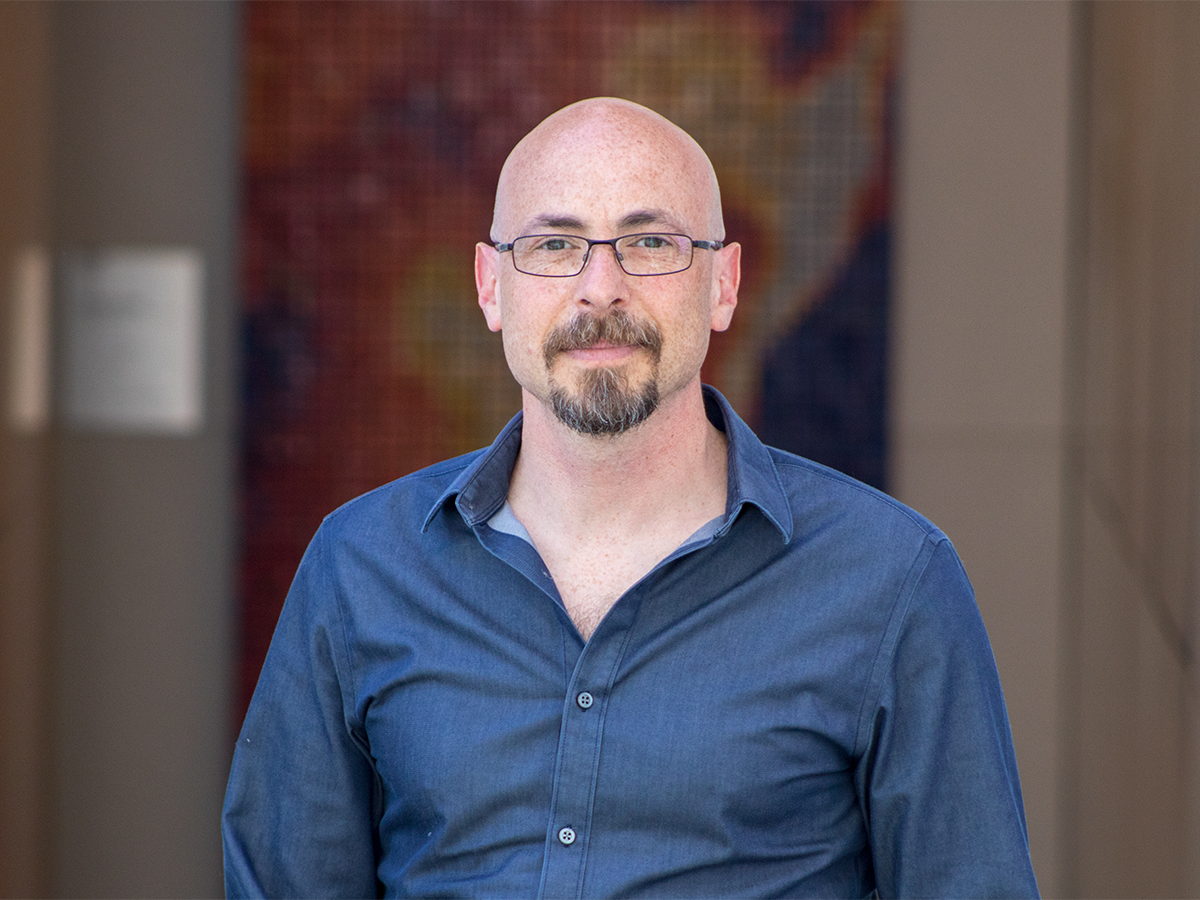Ryerson spearheading innovative medical technology industry bridging program through federal grant

The Natural Sciences and Engineering Research Council of Canada (NSERC) has awarded a Collaborative Research and Training Experience Program (CREATE) grant to the MedTech Talent Accelerator program, developed by Ryerson University’s Stephen Waldman a chemical engineering professor and biomedical engineering graduate program director along with other university and industry partners.
The MedTech Talent Accelerator, an innovative training program co-designed with industry to help fill a talent gap in Canada’s medical technology field, has received a six-year $1.65 million Collaborative Research and Training Experience Program grant (CREATE). Set to launch in fall 2019, this is the first CREATE grant from the Natural Sciences and Engineering Research Council of Canada (NSERC) led by Ryerson University.
Stephen Waldman, chemical engineering professor and biomedical engineering graduate program director at Ryerson, collaborated on the program proposal with McGill biomedical engineering professor Ahmad Haidar and other partners from the startup and medical technology industry. The program will introduce students to the industry and offer sector-specific training prior to graduation.
Graduate students from a variety of science and engineering disciplines will be able to participate in the program, which takes a novel approach to training students from Ryerson and McGill universities to transition to careers in Canada’s medical technology sector. “The idea is to pre-train interns about the industry sector prior to sending them on internships,” said professor Waldman. “Only then can work-integrated learning become a reality, especially in industries that are highly regulated, where students do not normally receive such training within their graduate programs.” The purpose is to ensure that the students have the industry knowledge and skills necessary to make the placement a meaningful experience for both the student and the host company.
A precursor to the MedTech Talent Accelerator was a successful partnership with Ryerson’s Biomedical Zone, where biomedical engineering students were placed in zone startups for internships, says professor Waldman. This program will continue that relationship with the Biomedical Zone as well as more established medical technology companies.
Graduate-level students nearing the end of their master’s or doctoral studies will take part in a three-phase program going from “exposure” to “training” to “experience.” The exposure phase will be open to anyone, says professor Waldman. This first phase will offer research and technology seminars held at both Ryerson and McGill and shared virtually, along with related hands-on activities such as a yearly “hackathon,” organized and held at Ryerson for teams from both institutions.
The training phase, will offer four months of training through two courses meant to develop sector-specific skills and knowledge to ensure that students are industry-ready. These online courses will cover the life cycle of a medical device from conception to post-production management as well as industrial research and development. Health Canada and Humber College have partnered with the program to help deliver some of the curriculum, including regulatory content. There will also be professional development as well as Equity, Diversity and Inclusion workshops delivered at each university.
Up to 32 graduate-level students a year – 16 from each university – will be recruited to participate in the training and experience phases. There will also be potential opportunities for post-doctoral fellows and undergraduate students. Over six years, up to 176 graduate-level students and 236 students and fellows could benefit from these phases.
The final experience phase is a paid internship, where students will be matched with a medical technology company based on the student’s interests and expertise along with the company’s specific needs.
“This innovative program will build Ryerson students’ skills through valuable real-world experience and knowledge, enabling them to contribute to the medical innovations and technologies,” said Steven N. Liss, Ryerson’s vice-president, research and innovation. “Congratulations to professor Waldman and his collaborators in being awarded this grant.”
Several stakeholders came together to make this program possible, including Linda Maxwell, executive director of the Biomedical Zone; Brian Lewis, CEO of MedTech Canada and Adnan Syed, manager, research programs, partnerships and strategic initiatives, at Ryerson’s Faculty of Science. Together, they sought industry input to ensure that the program aligned with the sector’s talent needs. As a result, Baylis Medical, Agile MV and several other medical technology companies have already expressed interest in participating in the program.
This funding was announced July 11 by the federal government as part of an investment of $29.6 million through the Collaborative Research and Training Experience (external link) (CREATE) program of the Natural Sciences and Engineering Research Council of Canada (NSERC).